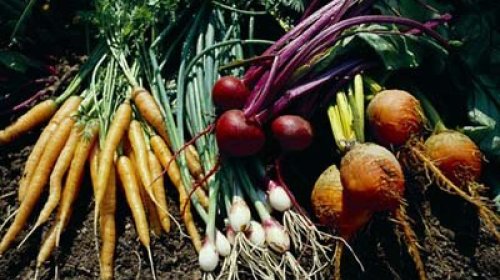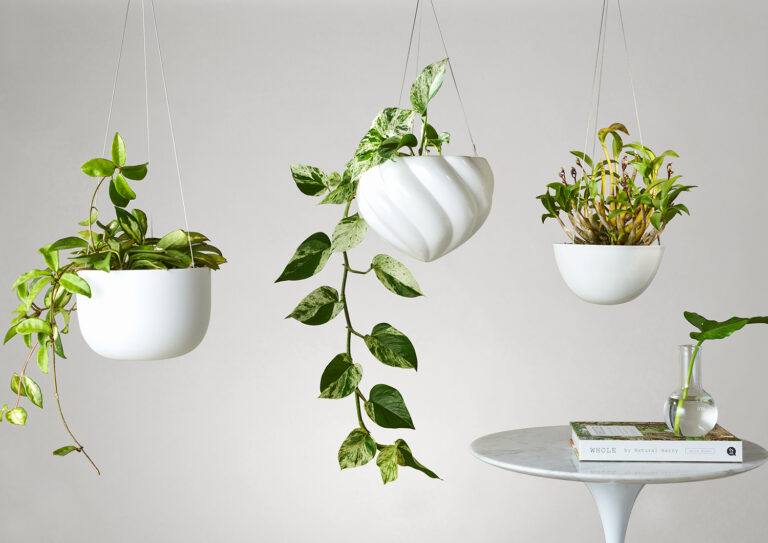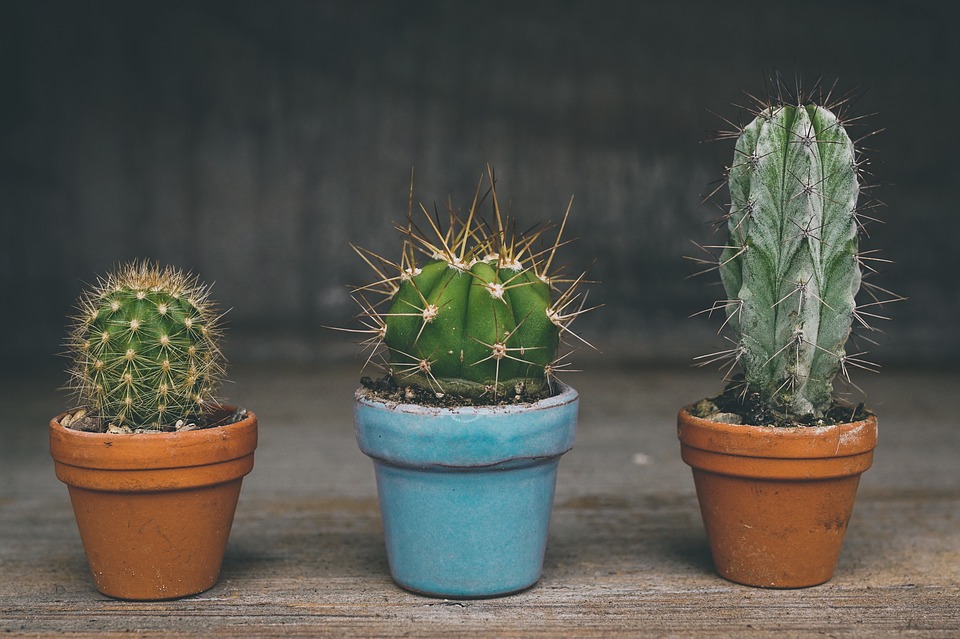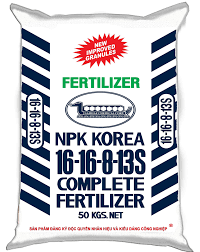In reference to the part one of this blog, I bring you the second part in which there is more tips about organic gardening and how you created a more attractive garden for yourself and everyone else to admire. Growing your own vegetables is both fun and rewarding. All you really need to get started is some decent soil and a few plants. But to be a really successful vegetable gardener — and to do it organically — you’ll need to understand what it takes to keep your plants healthy and vigorous. Here are the basics.

6. Weed Control:
Weeds can be a serious threat to gardens because they remove valuable moisture, nutrients, sunlight and growing space needed by crops.
Some ways to control weeds:
- Select high quality vegetable seeds or transplants By planting high quality seeds, the chances of them containing weed seeds or seedlings is very low.
- Rotate your vegetable crops As crops differ in their ability to compete with weeds, rotating crops between hardy competitors and weaker plants can reduce weeds.
- Use ground cover The use of ground cover and organic mulches such as hay, straw, glass clippings, and manure in your garden is one of the most effective ways to control weeds. Spread the ground cover 2-3 inches thick as this will block sunlight and prevent weed germination and growth.
- Transplant seeds Transplanting seeds instead of sowing them gives plants a healthy head start in defense against weeds.
7. Make sure you have earthworms
Earthworms are essential to a successful garden. Vermicompost, the combination of organic matter and earthworms’ castings is a high-octane form of compost that provides the soil with an immediate all-purpose fertilizer loaded with nutrients and nitrogen. By tunneling through the earth, earthworms aerate the soil which improves the soil’s access to air and drainage so that water reaches the deep roots of plants more easily. They also encourage beneficial soil bacteria while discouraging disease and predators such as crop destroying insects.
8. Keep a gardening journal
By keeping track of your garden’s progress, you will be more prepared next year to tackle issues that came up this year. You will also have a place where you can jot down experiments, experiences: the good and the bad.
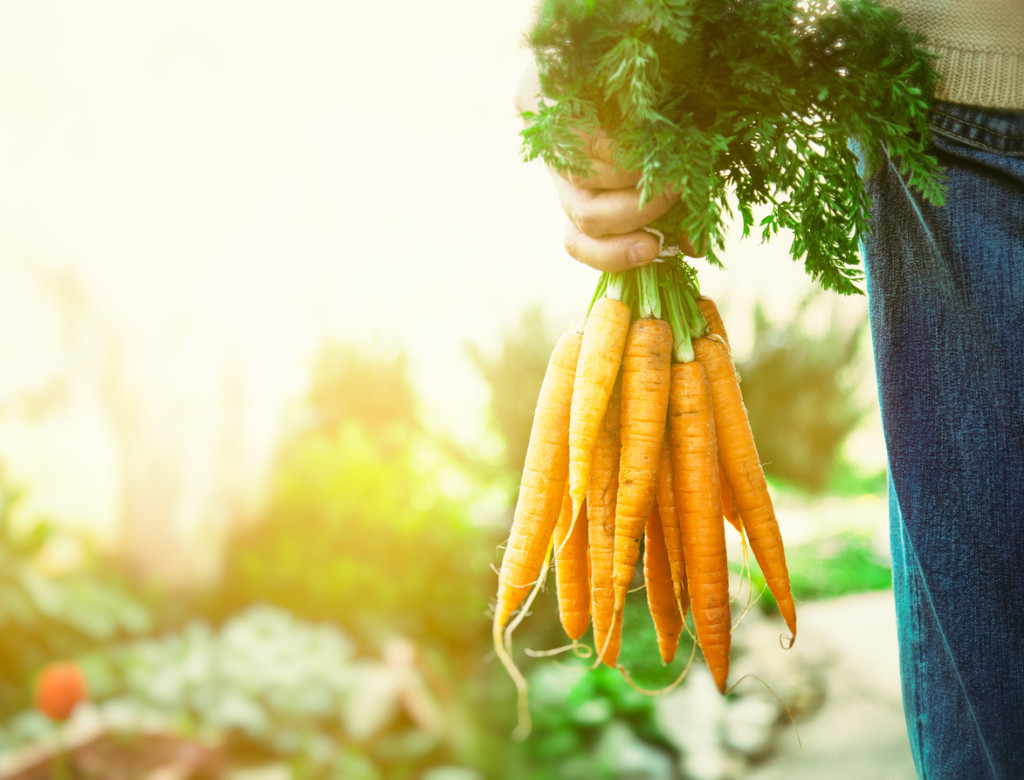
9. Protect against predators and pests:
Make your garden friendly to the native wildlife in your region. This will attract and encourage natural wildlife pest controllers to your garden. Ladybugs, birds, frogs, toads, and bats all help to keep pests such as aphids, insects, and snails in check.
Other beneficial garden predators and the pests they feed on:
- Centipedes: feed on slugs and eggs
- Preying mantis: feed on all types of insects
- Spiders: feed on insects and arthropods
- Lizards: feed on insects/pests
- Frog/toads: feed on all types
- Ladybugs: feed on aphids
To protect against pests:
- Plant nectar producing plants Tiny flowers on plants such as sweet alyssum will attract beneficial insects, such as predatory wasps. The alyssum’s aroma will also scent your garden all summer. Herbs like parsley, dill, and fennel will attract ladybugs which will also eat intruding insects.
- Choose native plant species over imported varieties whenever possible Native species have better “immune systems” and will be able to fight against insects in your area better than an exotic plant will.
- Try companion planting Companion planting is growing two or more different types of species of plant together for the benefit of one or both. For example, by pairing a flower with a vegetable plant, many adult insects will visit flowers for pollen and nectar and in return are effective natural controllers of unwanted pests on the vegetable crops.
How does companion planting work?
- Companions help each other grow: Tall plants provide shade for shorter plants sensitive to sun.
- Companions use garden space efficiently: Vining plants cover the ground, upright plants grow up. Two plants in one patch.
- Companions prevent pest problems: Plants like onions repel some pests. Other plants can lure pests away from more desirable plants.
- Companions attract beneficial insects: Every successful garden needs plants that attract the predators of pests.
Other ways to deter pests from your organic garden:
- Create barriers and deterrents: Try hanging shiny silver objects in your garden. The reflection produced from the sun can confuse insects such as aphids which orient their flight patterns by sunlight.
- Rotate your crops each year This will aid in keeping pest and disease problems at bay as well as correct nutritional deficiencies.
10. Last few tips on garden and soil care:
- Avoid compacting soil by walking on it excessively This restricts air movement and makes it hard for roots to penetrate.
- Do not over dig This will destroy vital soil structure.
- Cover Keeping plants covered with things like mulch helps protect soil structure.
- Avoid overfeeding and over or under watering Let the plants performance guide you.
So when are you getting into this marvelous adventure?
